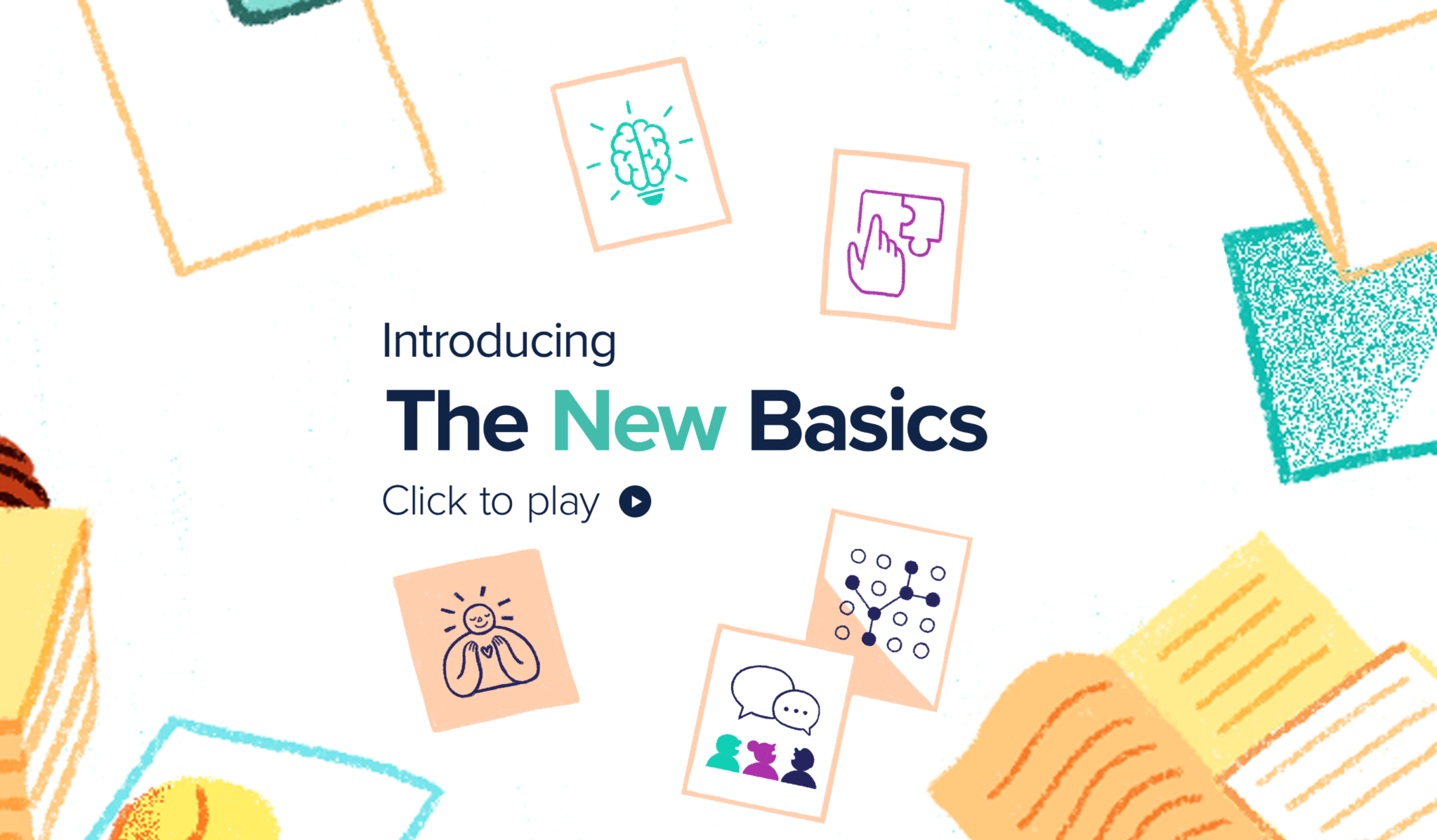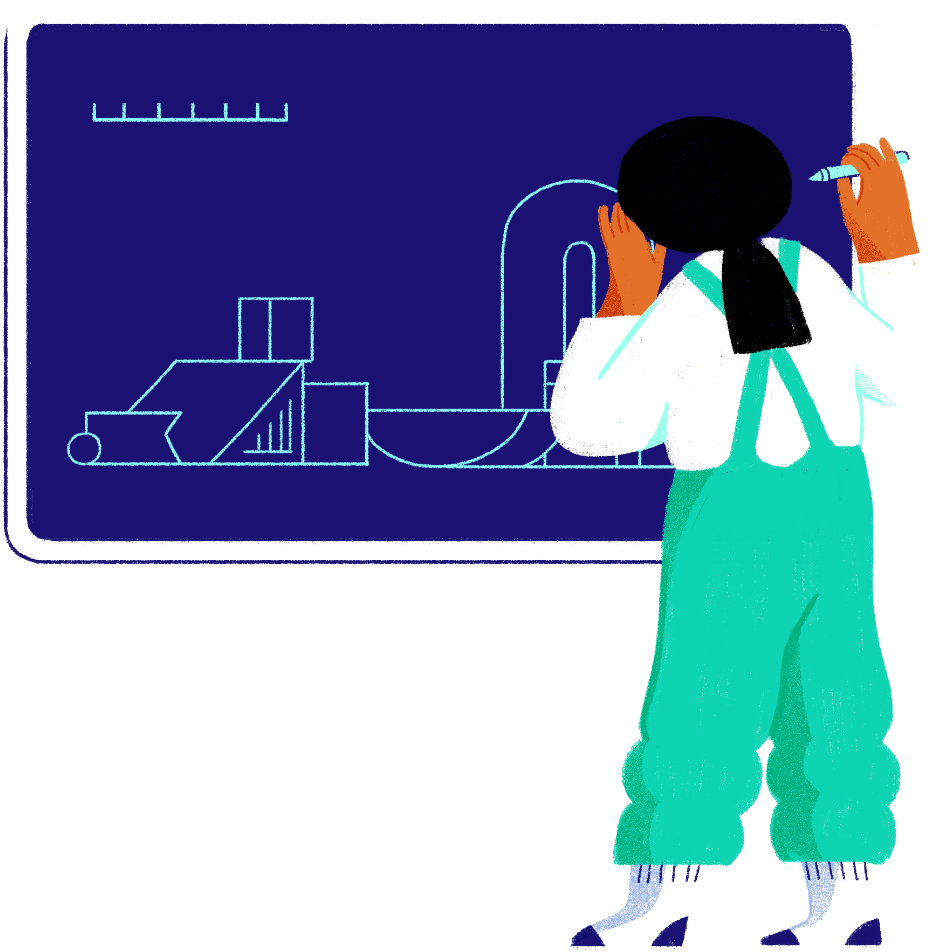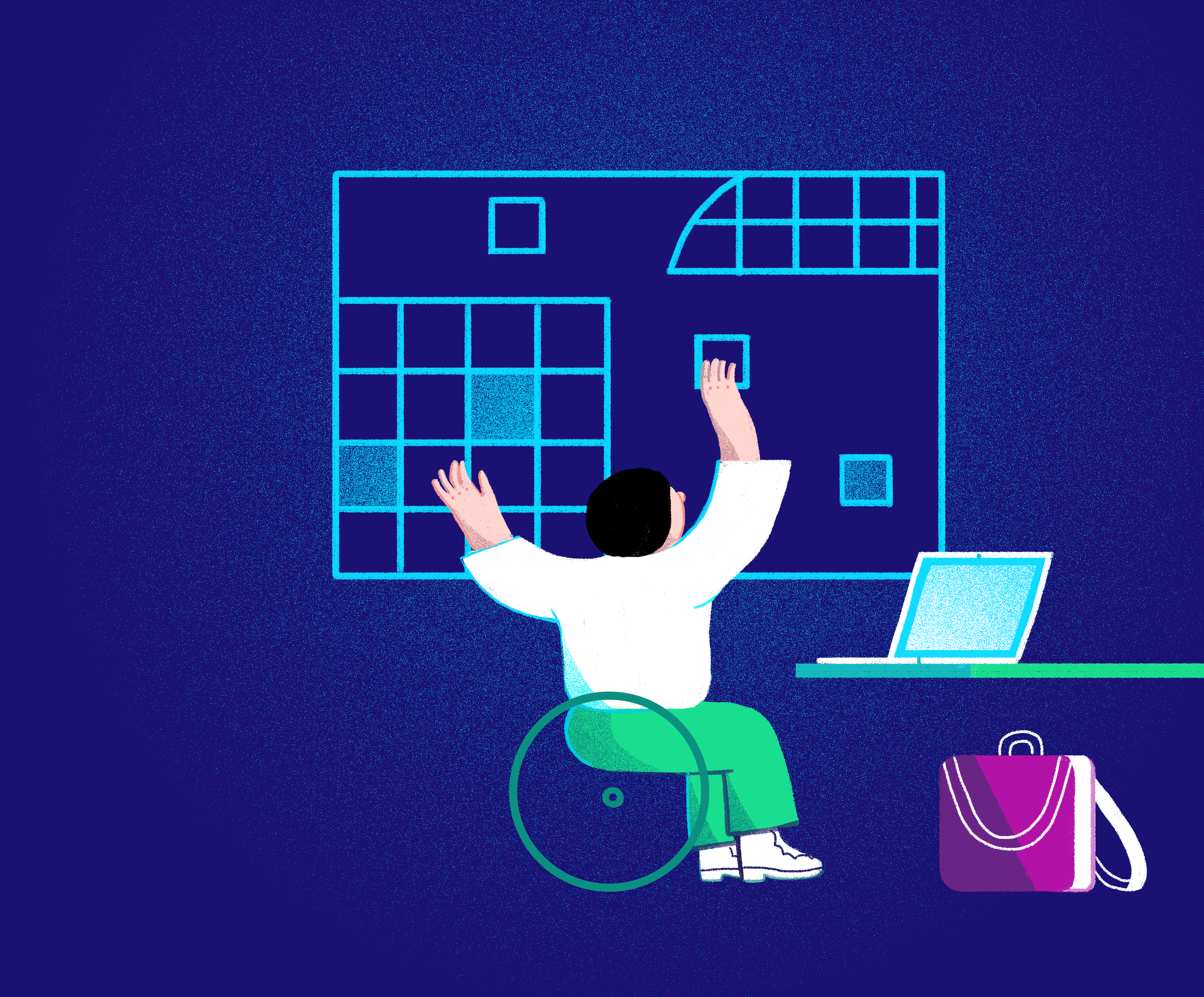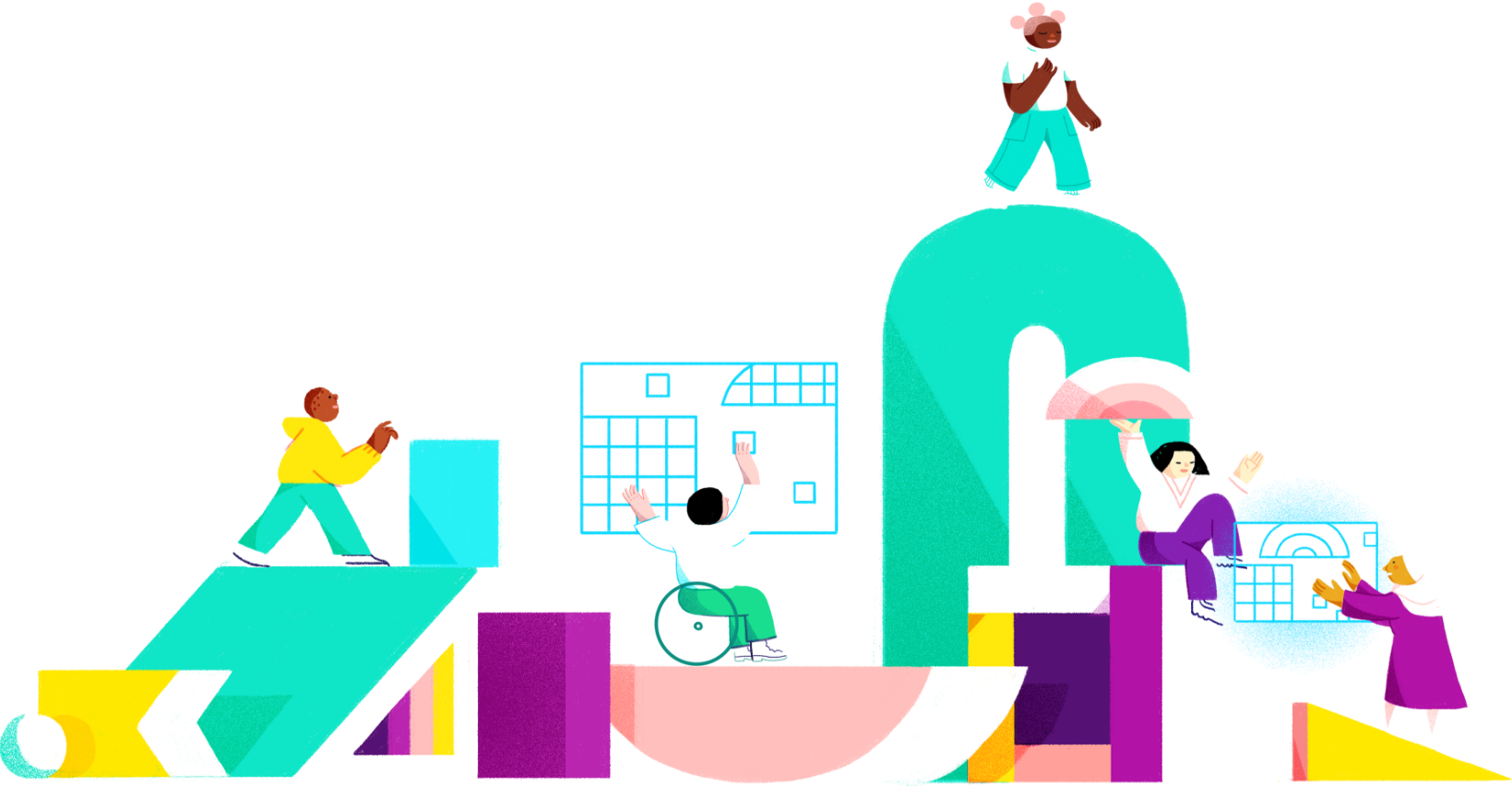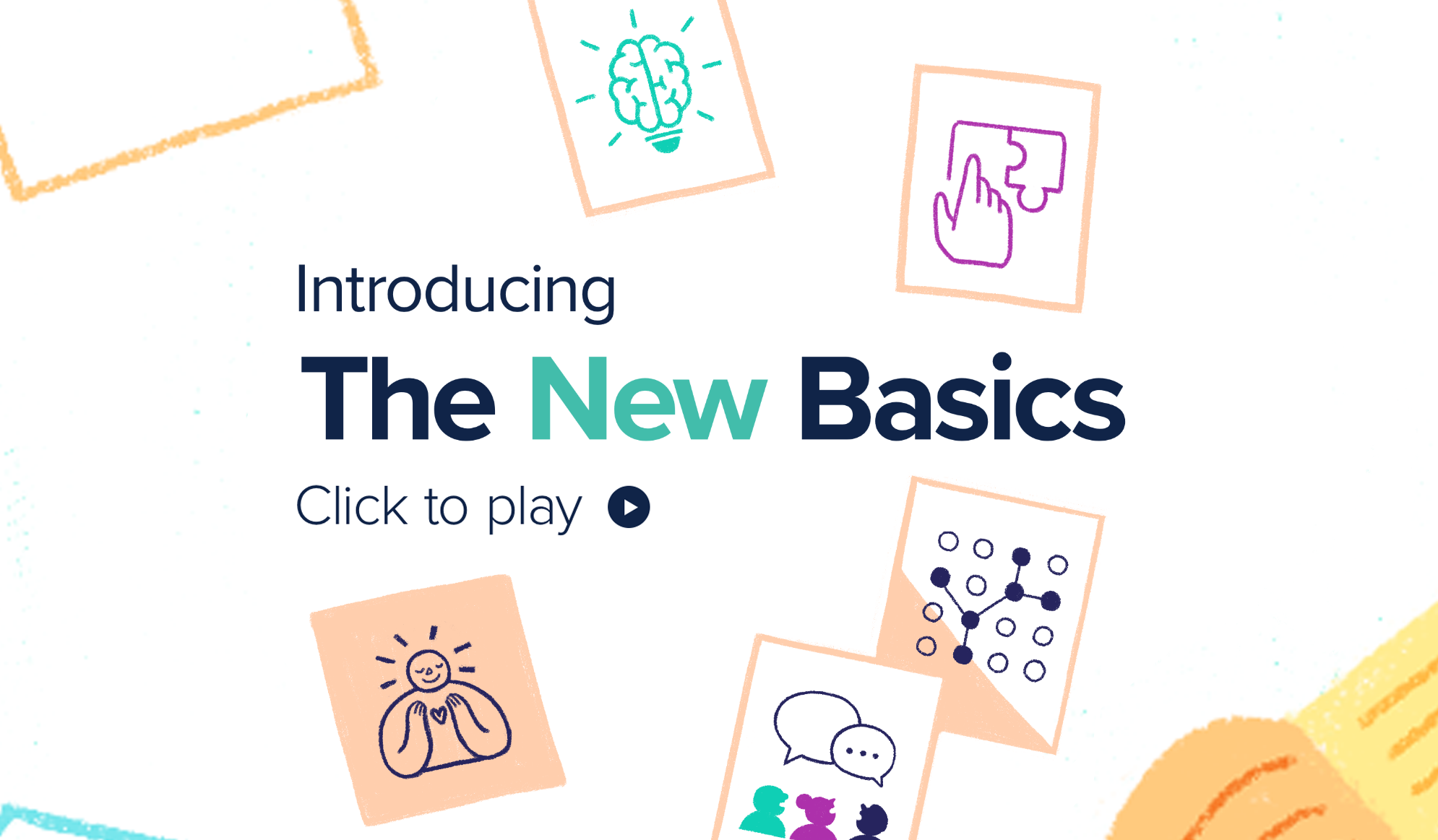
Why do we need to learn new skills?
Times have changed. Our world has changed. Our jobs have changed. Just as jobs have evolved over the last 200 years, so have the skills needed to thrive in a rapidly changing, complex world.

1800s
Industrial Revolution
Farmer
Artisan
Factory worker

1900s
Second Industrial Revolution
Railway worker
Factory worker
Secretary
Nurse
Teacher

1970s–early 2000s
Digital Information Revolution
Administrative assistant
Hospitality manager
Engineer
Computer support specialist
Graphic designer
Social worker
Flight attendant
Project manager

Today
Environmental scientist
AI researcher
Robotics engineer
Digital marketing specialist
E-sports athlete
Influencer
Home health aide
Data specialist
Information security analyst

Future
Director of emotional intelligence
Quantum cryptologist
Chief modernization officer
Smart home architect
Director of cultural forecasting
Ethical sourcing officer
Genomic portfolio director
Space exploration guide
De-extinction scientist
Drone traffic optimizer
- 1800s
- 1900s
- 1970s–early 2000s
- Today
- Future
(Click on each era to learn more)
What’s in your child’s backpack?
Researchers agree that young people are going to need a wide range of skills to succeed in today’s rapidly changing world – beyond just reading, writing, and arithmetic. And if we want our kids to succeed, we need to start thinking about a new set of basics.
So, what should they have in their backpacks every day?
Click on each of the icons below for a little more info about these important skills.
The New Basics
What can YOU do to help develop these New Basics?
Evidence proves that these skills are concrete—and they can be taught and learned. You, as a parent, can play a vital role in equipping your child with the new basics.
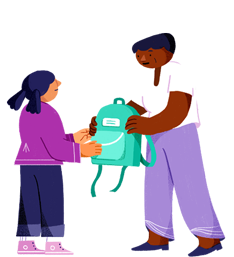
Start the Conversation
Talking with your children about their daily activities will help them to become more aware of the skills they’re learning at home and at school, For example, is your child making changes to a project based on teacher feed-back? That’s critical thinking at work!

Ask Questions
Let your child’s teacher know that you’ve heard about The New Basics and are curious to know how your child is doing with these skills. You will find this opens up new conversations with the teacher—and you’ll probably even learn new things about your child in the process!

Stay Informed
Continue the conversation at home, in your neighbourhood, and at your child’s school. Help spread the word! Stay informed on the latest education policies. Or follow us on Facebook, Twitter or Instagram.

